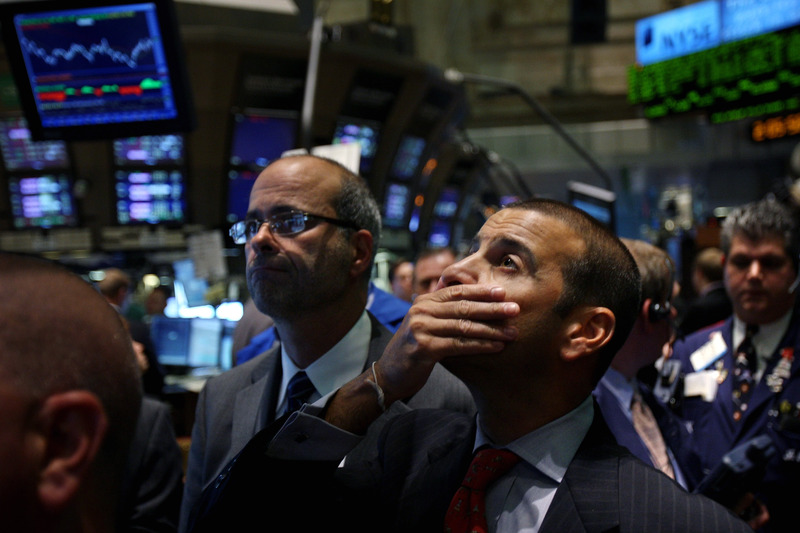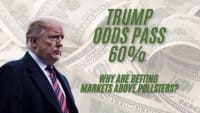It was a rough open for Wall Street Friday as equities gapped down over 1% less than a day after the Federal Reserve announced that it would keep the federal funds rate unchanged. Usually — in fact almost always — this type of move from the Fed would trigger a broad-based rally in stocks, but right out of the gate markets were just plain confused this time.
An initial sell-off at 2 p.m. Thursday, at the moment of the press release, was followed by a sharp rally, only to fade just as quickly as stocks ended the day negative. The Dow and the S&P were both down Thursday, and much more so Friday, with the Nasdaq gapping down with everything else at the open. The question is why.
It is possible that markets are finally starting to ask the question after 55 straight months of zero-bound interest rates: If the Fed won’t raise rates now, when exactly is the appropriate time? Technically speaking, the Federal Reserve has a dual mandate: price stability and full employment. That duel mandate has been reached as inflation is minimal and unemployment is at 5%. If so, the market asks, what are they waiting for exactly?
Meanwhile, in the background, something else quite unprecedented is happening. China is continuing to dump its foreign exchange reserves, which are mostly dollar reserves, at a record pace. Keep in mind that the Fed has direct control only over the most immediate and short-term of interest rates, which is the overnight rate. They do not have much direct control over long-term interest rates, barring direct quantitative easing along the rate curve, which they are not currently doing. Bond traders in the primary and secondary markets do have control in this case, and the two largest players in these markets, China and Japan, are selling their stakes.
ALSO READ: 4 Safe High-Yield Dividend Stocks to Buy for Ongoing Volatility
If we look at a long-term chart of China’s foreign exchange reserves, we can see that China has never sold off its dollar holdings at such a rate before, and for such a sustained period. Liquidations total $436.2 billion in 14 months, according to the People’s Bank of China. Number two holder Japan’s dollar reserves have also declined $62.5 billion since peaking in January 2012. While this is a much smaller decline, the length of the decline is still record breaking, and much longer than China’s.
These developments help shed some light on why equities may be faltering here. Given that the two biggest foreign holders of U.S. dollars are liquidating their holdings, this could eventually put upward pressure on interest rates that the Fed does not directly control. Essentially, the negative reaction from stocks could be saying here that the market no longer trusts the Federal Reserve to maintain control of the entire rate curve, and it is expecting interest rates to rise on their own from here.
This rise in interest rates has in fact been going on somewhat clandestinely for three years already, since July 2012 when the 10-year Treasury reached a record low of 1.394% on July 24. This despite the Fed keeping its overnight rate bound between 0% and 0.25% since December 2008.
In one sentence, the reason that stocks are not reacting well to this otherwise positive decision could be that the market no longer trusts the Fed to control interest rates.
ALSO READ: History Says Market Could Retest Lows: 4 Safe Stocks to Buy
Thank you for reading! Have some feedback for us?
Contact the 24/7 Wall St. editorial team.


